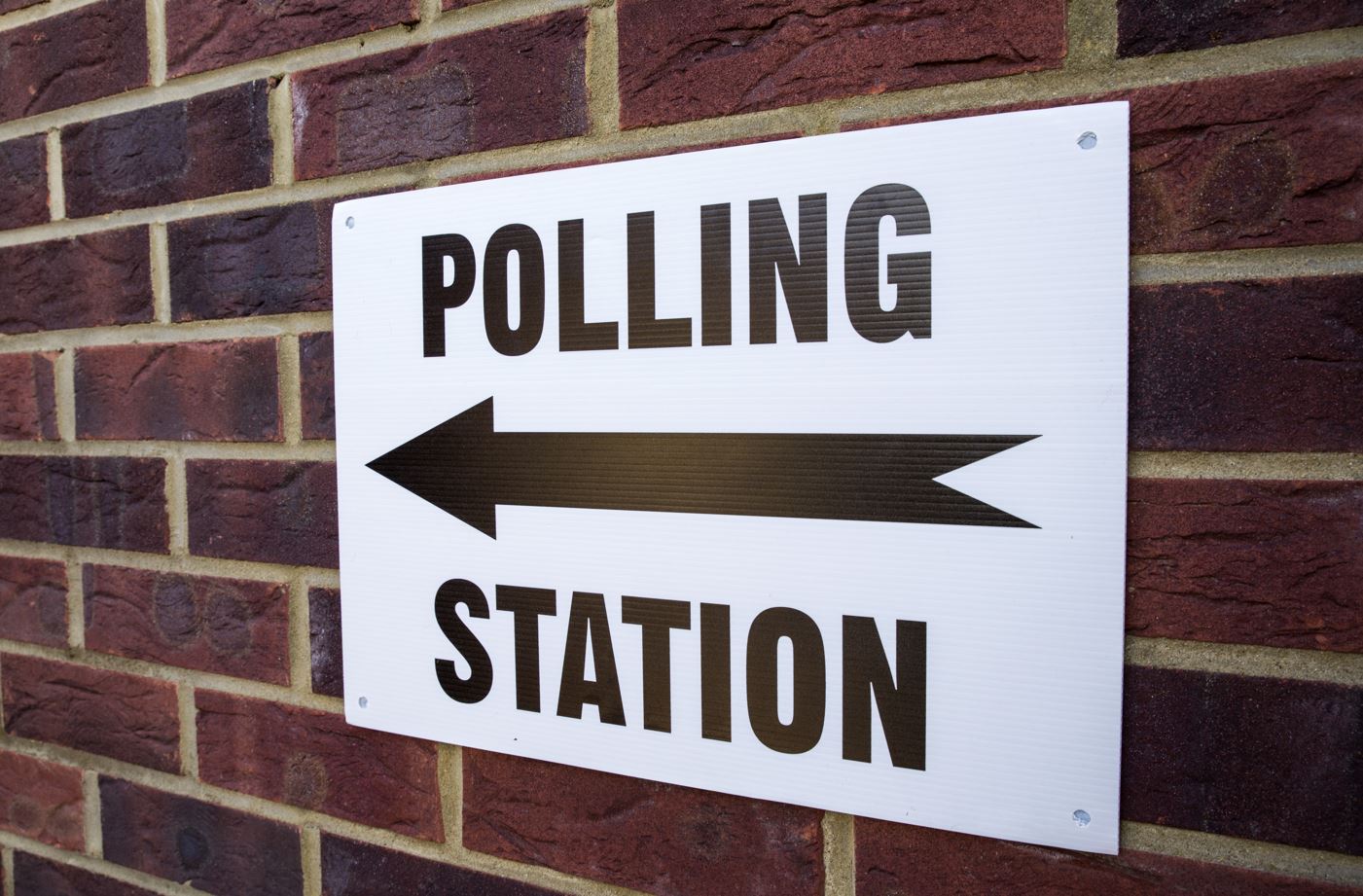Dr Demetris Tillyris explains how the upcoming local elections could tell us more about the current UK political landscape.
This May’s local elections are not just a routine round of council contests; rather, they are a critical political temperature check, a litmus test, for all major parties in a rapidly shifting political landscape. With over 1,500 seats up for grabs across England, the results will offer an early gauge of public sentiment just months after Labour’s General Election victory, and amid growing unrest on both sides of the political divide.
Back in 2021, when these seats were last contested, the Conservatives, led by Boris Johnson, were in government. Having just rolled out the Covid-19 vaccine, the Conservatives were enjoying a rather extended honeymoon following Boris Johnson’s landslide victory, riding high in the polls, at 43%. This euphoria was reflected in the local election results: the Conservatives gained 235 council seats and captured 13 councils, topping it off with a surprise win in the Hartlepool by-election. Labour, under a still-embattled Keir Starmer, looked directionless and disconnected.
Fast forward to 2025, and the tables have turned, not, however, in the way Labour might have hoped. Now in government, Starmer’s Labour party is grappling with the realities of power: controversial economic decisions, accusations of policy U-turns, and growing unease among its left flank.
Though Labour secured a landslide General Election victory last year, its post-election honeymoon (if there ever was one), has been short-lived. A sluggish economy, foreign policy dilemmas, poor communication, a failure to set out a clear vision of hope for the country, and voter disillusionment have all conspired to further deflate momentum amid growing cynicism and disillusionment with ‘politics-as-usual’. These elections might well reveal the extent of that deepening discontent, and whether the opposition, including the resurgent Reform UK, can capitalise on it.
Labour faces particular pressure in areas like Lancashire, Derbyshire, and County Durham, where it performed well at the General Election. With the Conservatives unmoving in the polls, the real challenge to Labour in the seats it does hold will be Reform UK. In Doncaster, for example, Labour’s sole council up for re-election, Reform UK is aiming to make major inroads, buoyed by strong results in the area last July. A Reform takeover would not only embarrass Labour but also reinforce concerns among Labour backbenchers about the fragility of the party’s “red wall” coalition.
Yet, Labour’s prospects and expectations might well be tempered by the geography of this year’s contests. Most County Councils voting this May lie in traditionally Conservative territory, where Labour has historically struggled. And with the Conservatives defending the most seats—many won during their 2021 peak, the real story may be the extent of their decline.
The Conservatives, led by Kemi Badenoch since last year’s General Election defeat, are under intense pressure. The party has not recovered in the polls, and has been flatlining, despite Labour’s recent stumbles. In Councils like Kent, Staffordshire, Gloucestershire, and Lincolnshire, once considered true-blue bastions, the Conservatives now face a dual threat from the Liberal Democrats and Reform UK. If the Conservatives lose control of these Councils, it will signal that the party’s problems cut much deeper than mere ‘post-election blues’.
Reform UK, meanwhile, has emerged as the only party to see a consistent uptick in support since the General Election. With Nigel Farage’s leadership energising disaffected Conservative voters, a strong showing in Lincolnshire, North Northamptonshire and Kent County Councils, would cement Farage’s party as a viable force on the right, potentially setting up a three-way fight in future national elections.
Complicating matters is the (controversial) cancellation of elections in nine councils due to Labour’s devolution agenda—a decision which, according to Angela Rayner, seeks to strengthen local democracy and rebuild political trust. Yet critics see political convenience at play: though there is no suggestion that the decision to cancel such elections was driven by party-political considerations, both Labour and the Conservatives were expected to fare poorly in these areas, and the cancellations have reduced their electoral exposure. While the move may have technical merit, it risks fuelling public cynicism at a time when faith in democratic institutions is already fragile.
Turnout, as ever, is expected to be low, as local elections rarely inspire mass participation. Compared to General Elections, the last five of which have had an average turnout of around 60%, local elections – often (erroneously) seen by voters as ‘second order’ elections, with no bearing on national life -, tend to have a turnout of around 30% to 40%. But with voter frustration brewing, and political loyalties in flux, these elections could offer a clear message to Westminster: neither Labour nor the Conservatives can take their support for granted.
The Politics and Global Sustainability programme at Canterbury Christ Church University is hosting a Kent County Council election hustings.
Featuring candidates from the Canterbury electoral divisions, the evening will help Canterbury residents gain a better understanding of the candidates’ stance on key issues ahead of May’s ballot. The event will be held at Augustine Hall, Augustine House, Canterbury Christ Church University, Rhodaus Town, Canterbury CT1 2YA on Wednesday 23 April 7-8.15pm. The event is free and open to all, but booking is essential. Book your place via canterbury.ac.uk/hustings-2025
Dr Demetris Tillyris is a Reader in Politics.
 Expert comment
Expert comment Jeanette Earl
Jeanette Earl 3519
3519


